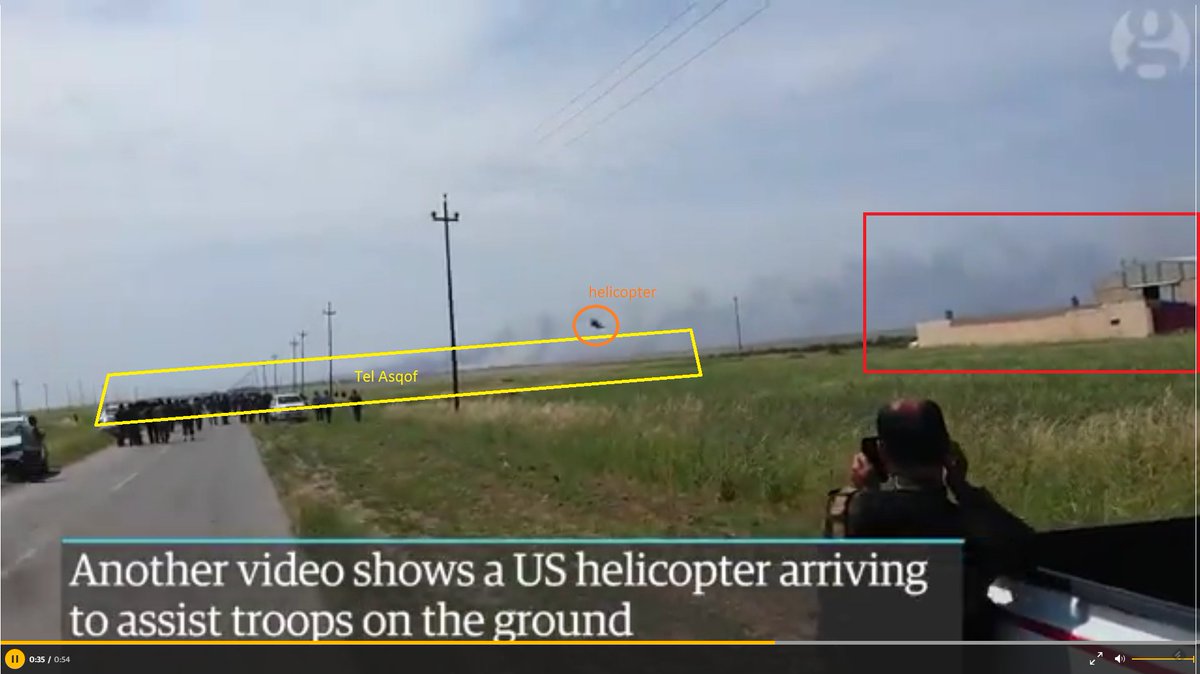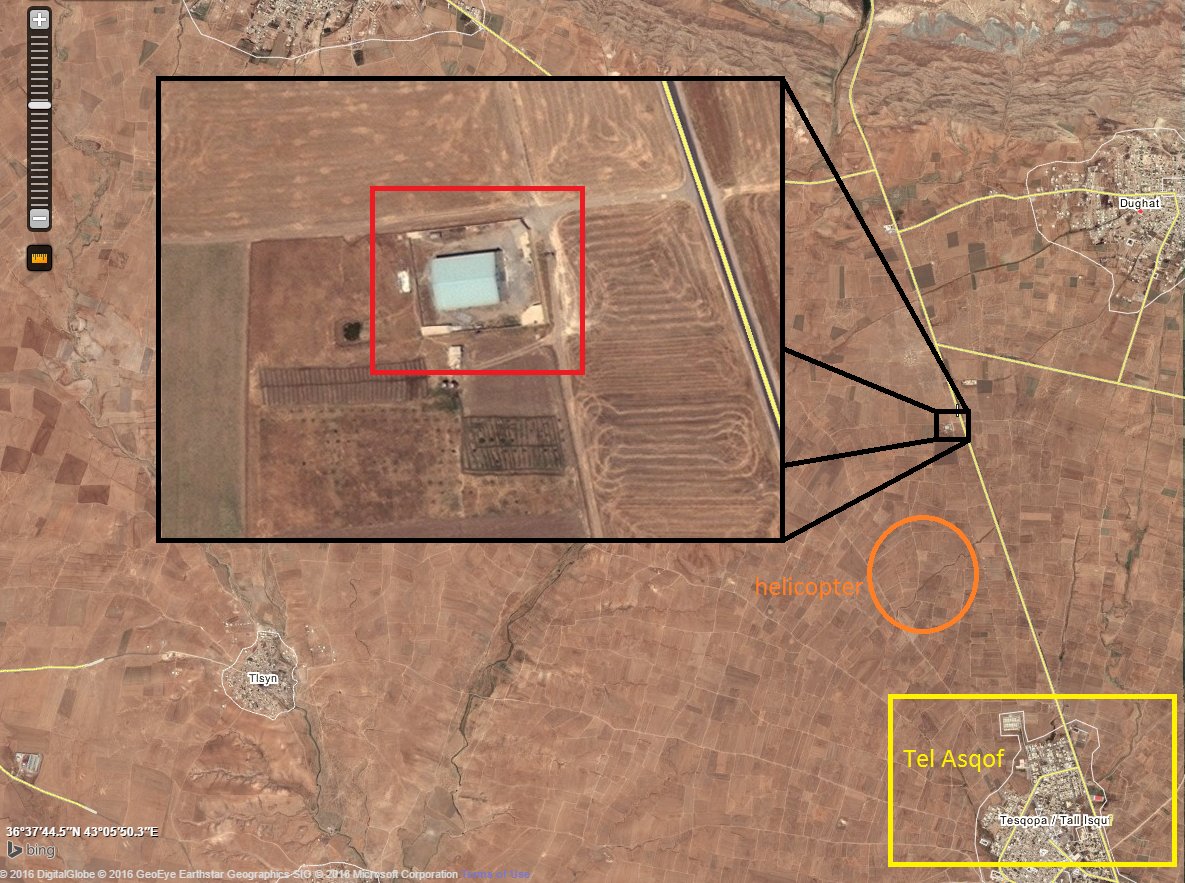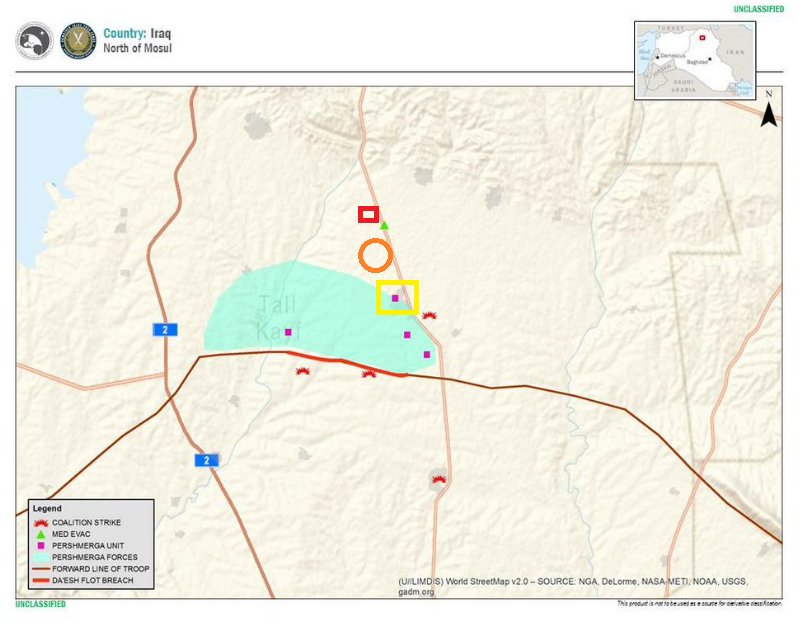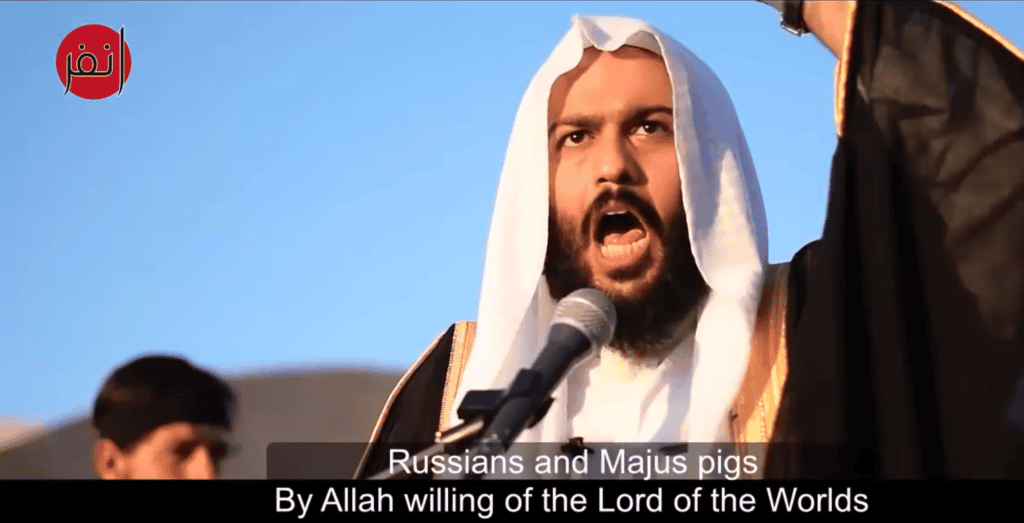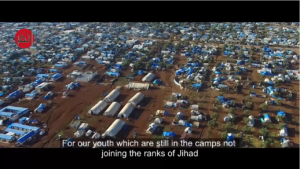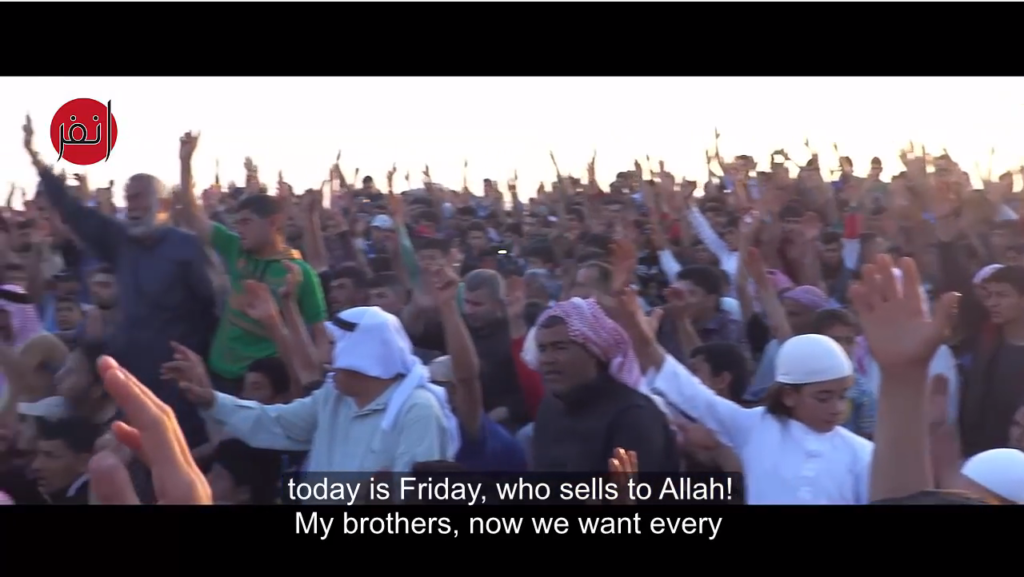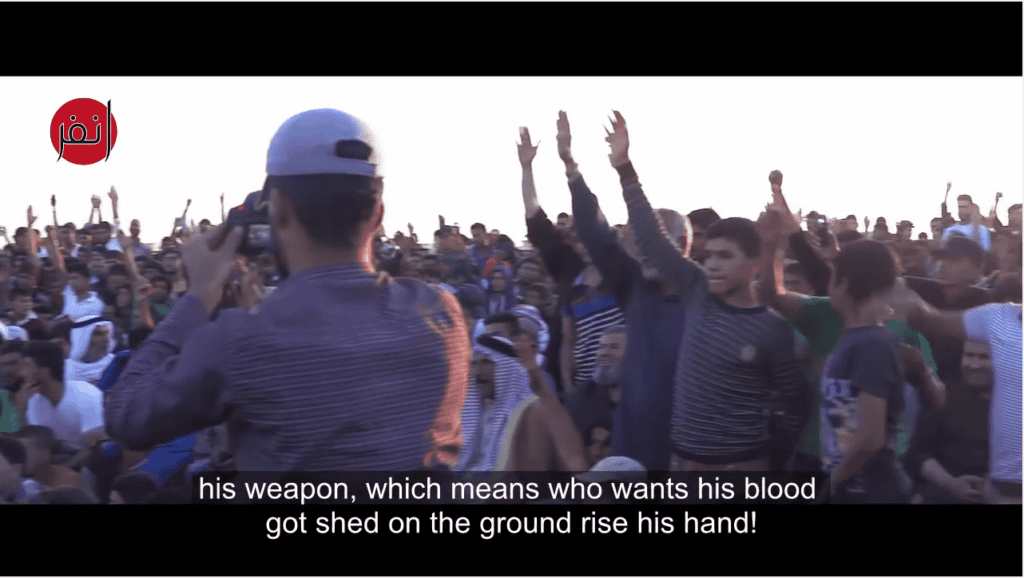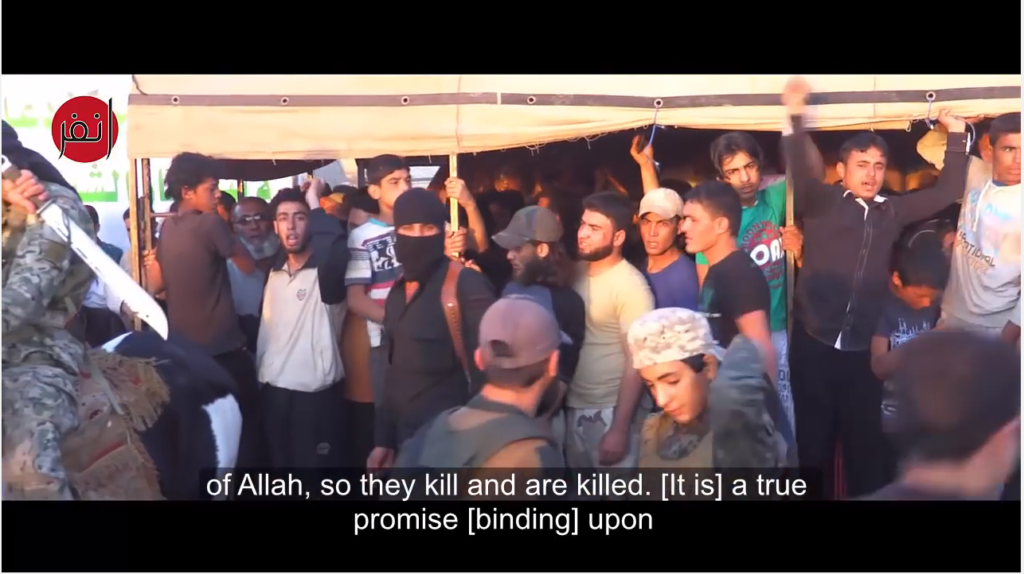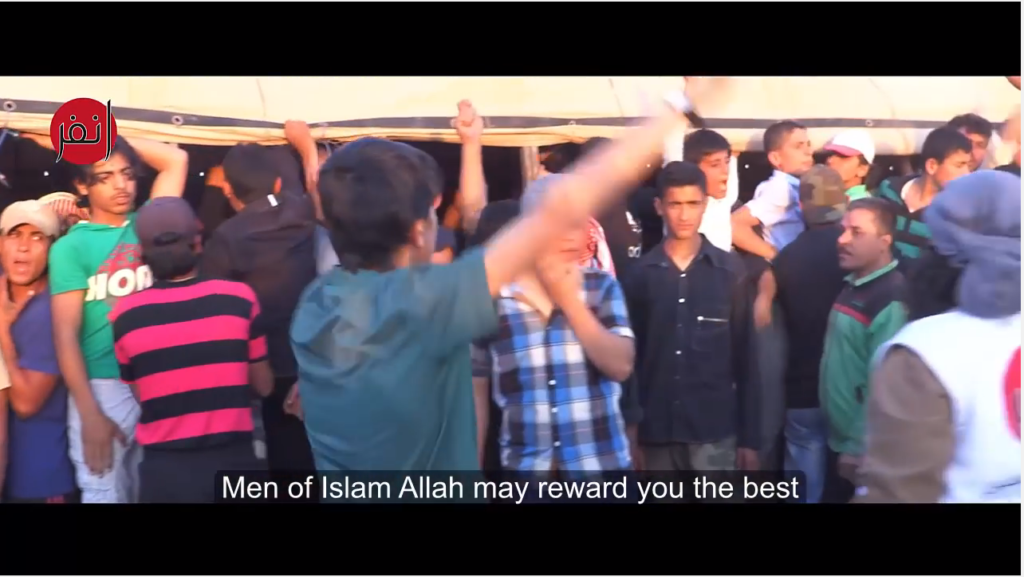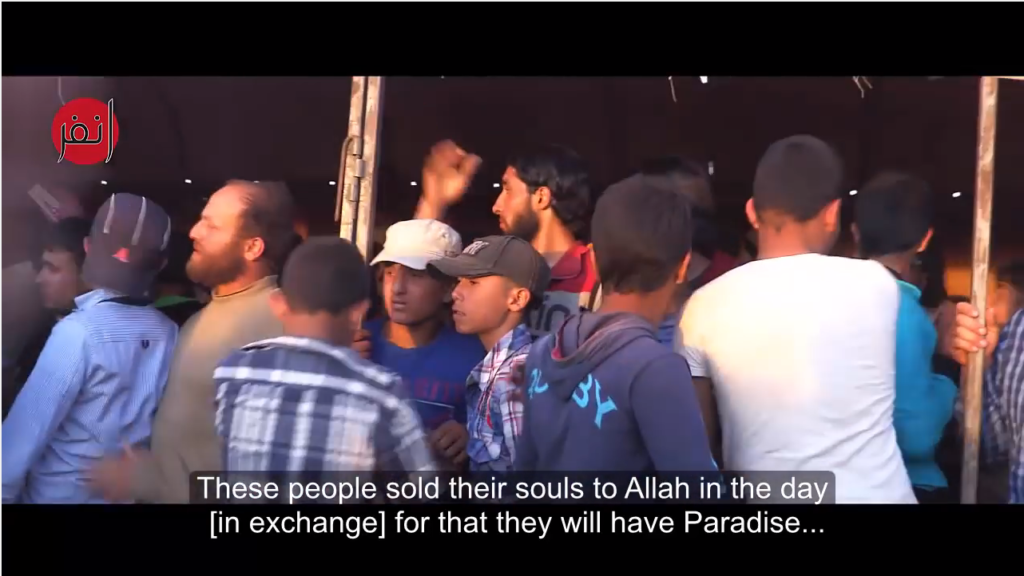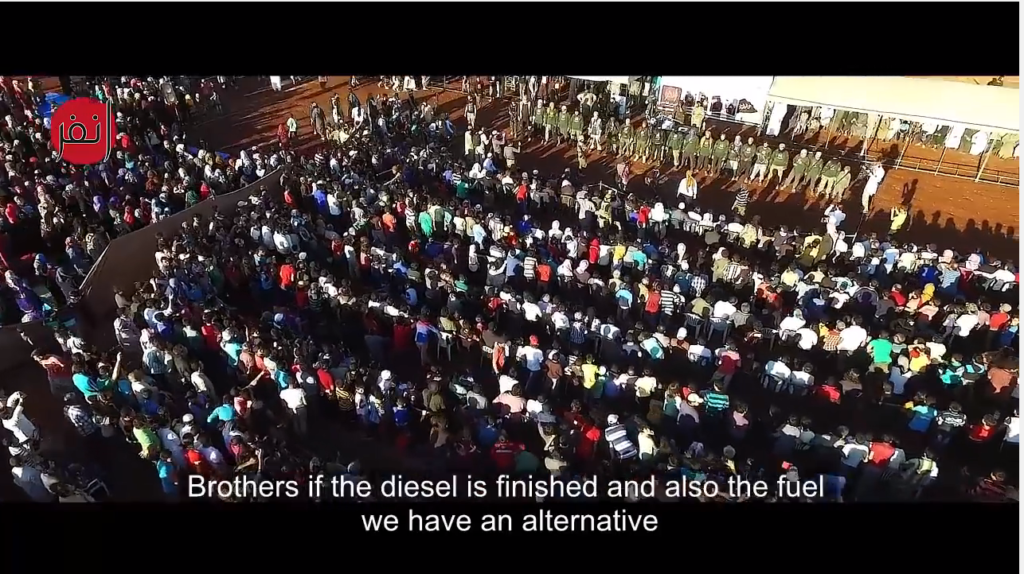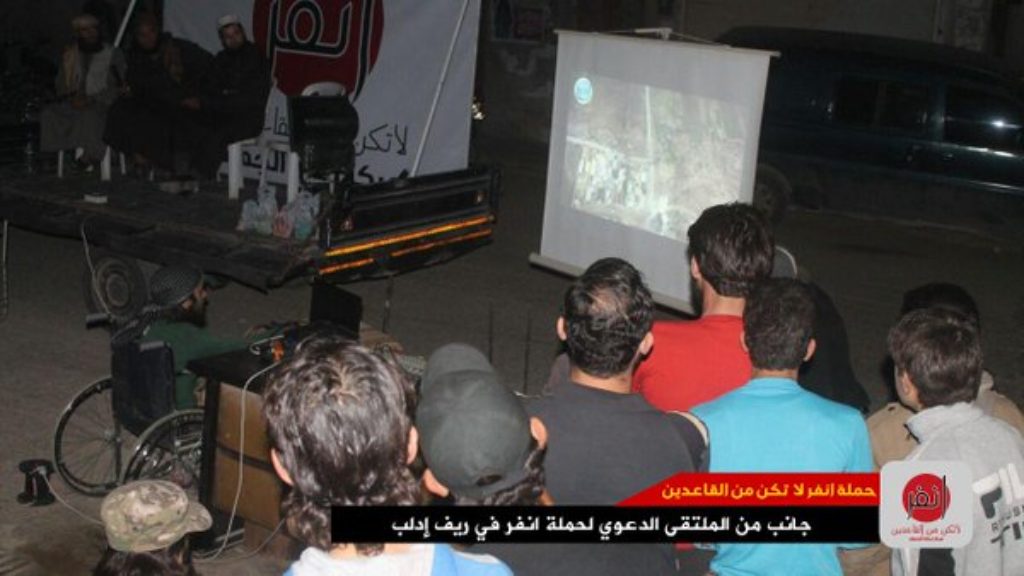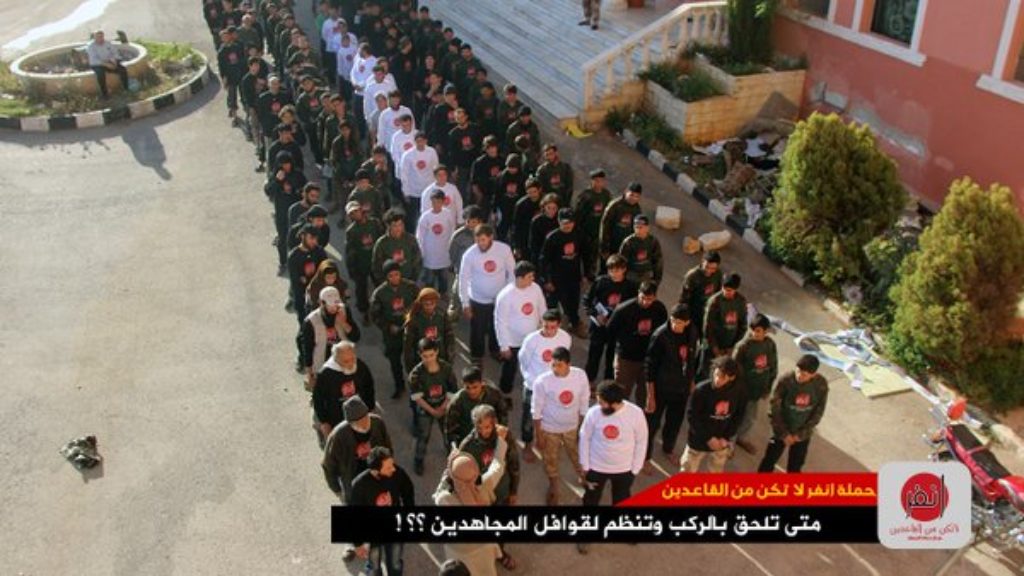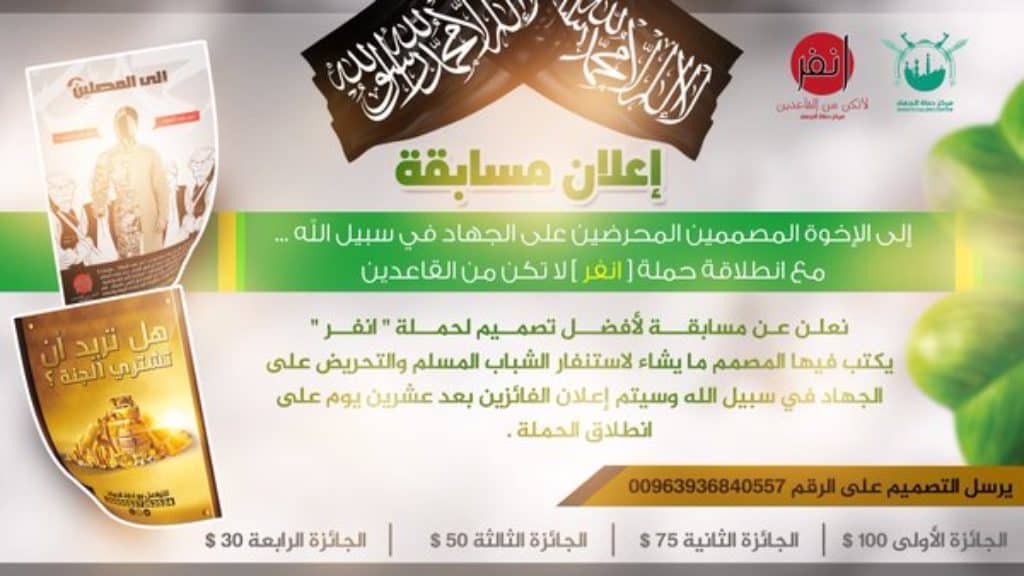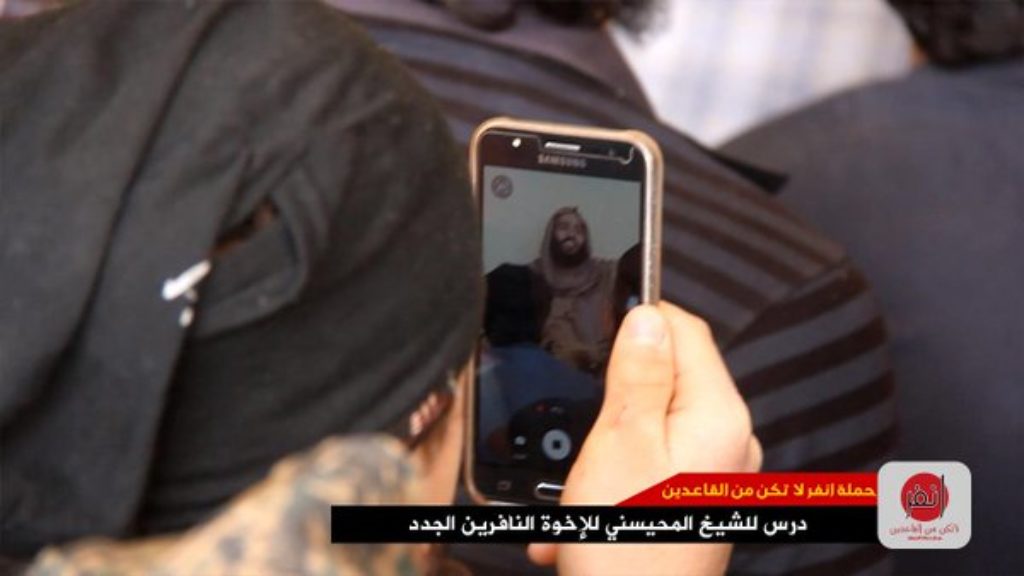While we have been at war, or maybe not so much lately in Afghanistan, the forgotten war, the Taliban and al Qaeda have partnered once again in earnest. Further, al Qaeda is successfully competing for fighters, those leaving Islamic State. The reemergence of al Qaeda will likely go well in collaboration with the Taliban due in part to the Taliban’s increased revenue sources.
There are about 10,000 U.S. troops in Afghanistan; about 8,500 of them are soldiers.
Current plans call for that number to drop to about 5,000 in 2016, but the top commander in Afghanistan, Gen. John Campbell, testified on Capitol Hill earlier this month that he wants “greater flexibility” to potentially keep more troops in-country. More from ArmyTimes.
Taliban Gets ‘Windfall’ from Poppy Harvest to Fund Offensives
The Taliban will reap “windfall” profits from a bumper poppy harvest in Afghanistan this spring to fund coming offensives, a U.S. military spokesman in Kabul said Thursday.
“The poppy crop is really the engine that provides all the money that fuels the Taliban,” and the insurgents were expected to benefit from “this very good poppy crop that they had this year,” said Army Brig. Gen. Charles H. Cleveland.
“As a result, we do expect an uptick in Taliban efforts to attack” when the harvest is completed later this month, with offensives focused on southwestern Helmand province, the center of the Afghan narcotics trade, Cleveland, the deputy chief for communications of the Resolute Support mission, said in a video briefing from Kabul to the Pentagon.
Taliban fighters in recent weeks essentially dropped the fight to assist in the harvest, giving respite to the struggling 215th Division of the Afghan National Security Forces in Helmand province, Cleveland said.
“A lot of the Taliban fighters have been out harvesting the poppy,” he said. Once the harvest is complete later this month, “We think that will be the next big Taliban push,” he said. “We think it will come in Helmand.”
The poppy trade in in Afghanistan supplies about 90 percent of the world’s heroin and is estimated by the United Nations Office on Drugs and Crime to be worth about $3 billion annually to the Afghan economy.
Narcotics trafficking goes virtually unimpeded in Afghanistan. The U.S. has dropped its eradication and crop substitution efforts. The U.S. Drug Enforcement Administration still has an office in Kabul but no longer conducts field operations.
The United Nations estimated that the poppy crop fell by about 19 percent last year mostly due to poor weather, but plentiful rain this year was expected to produce a bumper crop.
“We are happy that we had a good harvest this year compared with previous years,” Abdul Rahim Mutmain, a farmer in Helmand, told The New York Times.
“There is no security concern for a single laborer being checked or robbed by the police,” he said. “The entire district is under Taliban control and the bulk of the harvesters are Taliban.”
A typical Afghan farmer can get $200 for a kilogram of opium produced from poppy, according to the United Nations. The same amount of green beans will fetch $1.
Cleveland said the U.S. has 700 to 800 troops in Helmand now to advise and assist the 215th Division in preparing for the expected Taliban offensive. The troops, including Special Forces and Army 10th Mountain Division troops, mostly work out of the grounds of the old Camp Leatherneck, the former headquarters for the U.S. Marine presence in Afghanistan, Cleveland said.
The Taliban’s strength and funding will be factors in the recommendations to higher command and President Barack Obama of Army Gen. John Nicholson, the new commander of U.S. and NATO forces in Afghanistan, on whether to continue with the planned U.S. troop withdrawal from Afghanistan.
Cleveland said Nicholson was expected to complete his assessment later this month. The U.S. currently has about 9,800 troops in Afghanistan and the current plan calls for that number to be reduced to about 5,500 by the end of this year.
Al-Qaeda Said To Boost Taliban Fight Against Afghan Government
al-Qaeda is working more closely with the Taliban in Afghanistan and could bolster the militant group’s fight against government forces, a NATO spokesman says.
“By themselves, we don’t think that they pose…a real significant threat, to the government of Afghanistan,” spokesman Brigadier General Charles Cleveland said on May 5.
“But because we think that Al-Qaeda is…beginning to work more with Taliban, they can present a bit of an accelerant for the Taliban. They can provide capabilities and skills and those types of things.”
Last fall, the head of Al-Qaeda, Ayman al-Zawahri, announced his backing for the new Taliban leader, Mullah Akhtar Mansur.
“Since that time, we have seen more interaction” between the two groups, Cleveland said.
He estimated that there are 100 to 300 Al-Qaeda members in Afghanistan.
“Although they have been significantly diminished, they do have the ability to regenerate very quickly, and they still do have the ability to pose a threat,” he said.
Cleveland said the Taliban will also get a boost this year from a bumper crop for poppies, its main source of funding.
***** The Afghanistan Failing Economy aids the Taliban
CNN: Several would-be recruits who talked to a local freelance cameraman working for CNN said the only reason they joined the Taliban was because they couldn’t put food on the table.“I want to join them because of the lack of jobs and my other economic problems,” the first recruit told us.The second man, who showed us his high school diploma, told us he’d been to university and still couldn’t find a job. The Taliban offered him more than he could earn in the army, he claimed.“I don’t have anything to do with their viewpoints. My only reason to join them is my economical problems and unemployment,” he added.A seven-month Taliban veteran who was trying to convince the pair to join their fight told us he’d been working for a foreign company who let him go when they ran out of contracts. It wasn’t long before he realized the Taliban were the only game in town, he said.“I spent all my savings to feed my family and didn’t have another source of income, so I joined them.” More from CNN.



